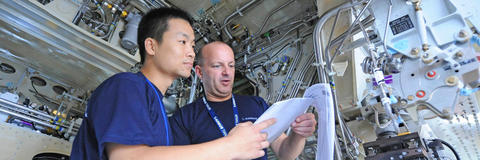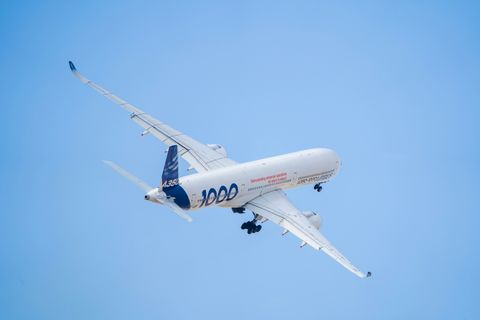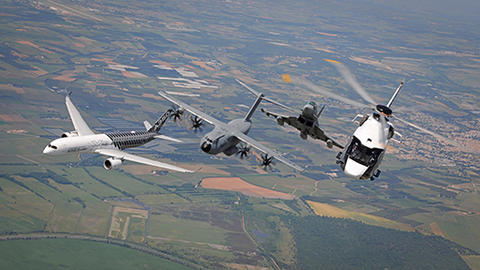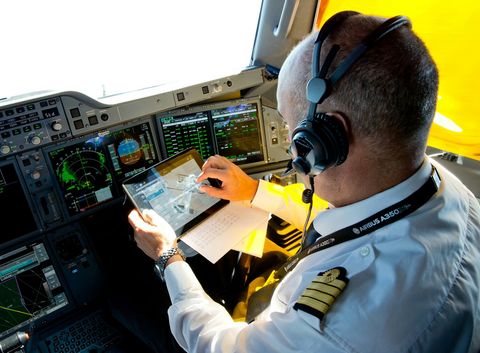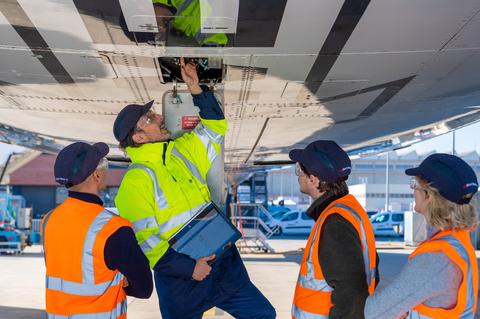Airbus wants to be a company where the safety, health and wellbeing of people is valued as an integral part of our business sustainability.
At Airbus we pioneer aerospace for a safe and united world. Safety of our employees and others is our top priority. We are committed to pursuing the highest standards of health and safety.
To achieve this goal, we have adopted the principles of the International Standard, ISO 45001 for our management system and we are fostering a culture in which we all take responsibility for our own health and safety, and that of others. This means that leadership, responsibility and action are needed at all levels of the company. We also promote employee involvement and a speak-up culture to ensure that health and safety standards are continuously improved.
We aspire to zero harm.
Guillaume Faury, Airbus Chief Executive Officer
Health and Safety key principles
The Airbus Occupational Health and Safety policy contains the principles that drive a continuous focus on health and safety performance improvement, with priorities and initiatives that include:
- The identification and management of risk to people and the business that could arise from our work activities.
- The application of the principles of the International Standard, ISO 45001 for our management system.
- The development of a ‘respect and protect’ culture in which everyone feels responsible for the health and safety of themselves and others.
- Airbus aspires to be a ‘zero harm’ company, where the safety, health and wellbeing of people is valued as an integral part of our success. We recognise that improving the quality of life for people and the efficiency of our company go hand-in-hand.
- Our commitments to responsible health and safety management are also contained in the Airbus Code of Conduct, and details of our actions can be found in each annual Airbus Registration document.
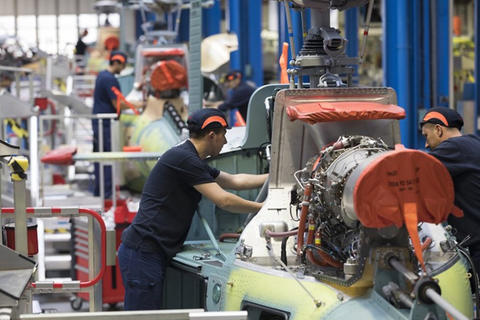
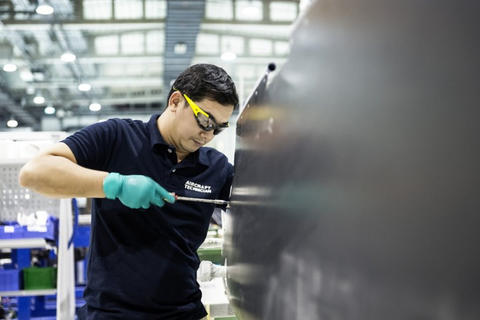
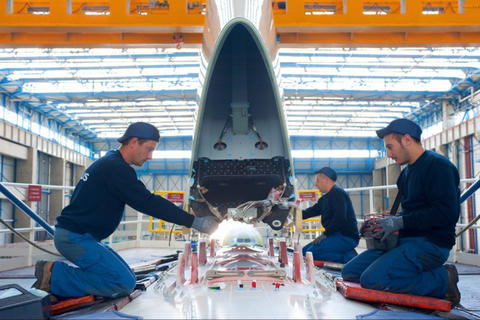
Health and Safety Risk Management
The management of risks arising from our work activities is key, and Airbus has company-wide standards to ensure that risks are identified, assessed, mitigated and, if necessary, escalated. Standards also exist for the reporting, investigation and management of incidents, to ensure that lessons are learned and improvements are made.
Airbus ensures full compliance with applicable rules and procedures. We encourage employee involvement and a speak-up culture, as well as incident reporting. Health and safety awareness is supported by dedicated communication campaigns and training.
Collaborative working is strongly encouraged. For example, medical, industrial hygiene and safety experts worked together with other functions to define and coordinate the necessary measures to cope with the Covid 19 pandemic.
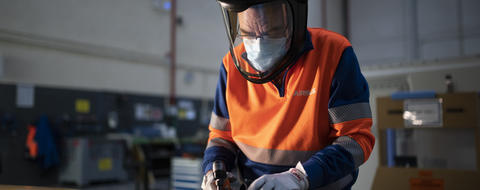
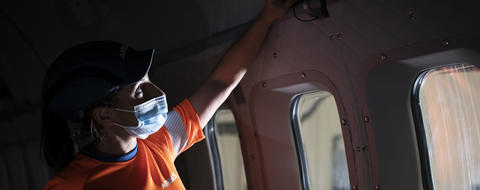
Health and Wellbeing support
Airbus believes that wellbeing is key to good health and employee engagement, which is the foundation on which to build company culture and productivity. Wellbeing is more than merely the absence of poor health or physical harm.
Multidisciplinary occupational health teams that include doctors and nurses, psychologists and other specialists ensure appropriate advice and support is available to employees. These wellbeing programs and resources are a critical element in the particular circumstances of the current pandemic.
Discover Safety at Airbus
Latest news


